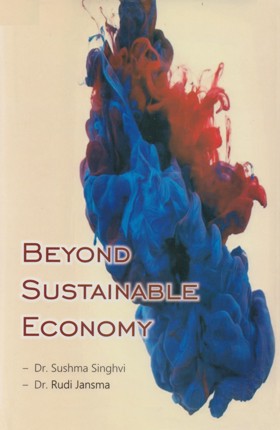On the understanding of aparigraha
Happiness, contentment, inner peace and just simply to have a joy for life all seem like things that are impossible to achieve in our modern world. Trying to find the path to inner peace is something that human beings have been doing since we have been human, perhaps even before we were human as all life strives to be at peace. Yoga, one of the oldest surviving studies of life, spirituality, the universe and the inner workings of the human being, provides us with a path to inner piece, an eight fold path to be precise. Yoga tells us that to quiet the constant disturbances of our mind and bring peace within us we must follow this eight-fold path. The first two parts of this path provides us with a set of virtues or moral codes (yama) and internal ethics (niyama) that, if we follow them, will greatly improve our lives. More importantly, following just these two paths will also allow us to bring much positive energy into the world and to bring light into the lives of others and light to ourselves.
One of the yamas (virtues) is aparigraha, which has been translated as 'non-hoarding', 'non-possessiveness' and 'non-attachment.' This word is incredibly rich in its meaning. One could spend many hours discussing what this one word means. Understanding just aparigraha will greatly enrich your life and radically change the way you see the world.
Aparigraha or the idea of non-possessiveness is one the five principles of Jainism and holds immense meaning in itself. How many of us actually understand the idea behind Aparigraha? Sub-consciously we do think about "not possessing" things that we have but still we do. Aparigraha means giving up one's worldly possessions like wealth and property without attaching thoughts of what one has given up. Thoughts can comprise of sadness or happiness. By giving up I mean, one should not attach oneself to the very thought of owning something. This does not only apply to materialistic things but also to the baggage we carry within ourselves from the past. One should learn to detach oneself from the possessions of property, people and feelings. The point is, what we have today can be someone else's tomorrow, be it a house, money, family or someone you love.
 Dr. Rajnish Shukla
Dr. Rajnish Shukla
 Dr. Rudi Jansma
Dr. Rudi Jansma
